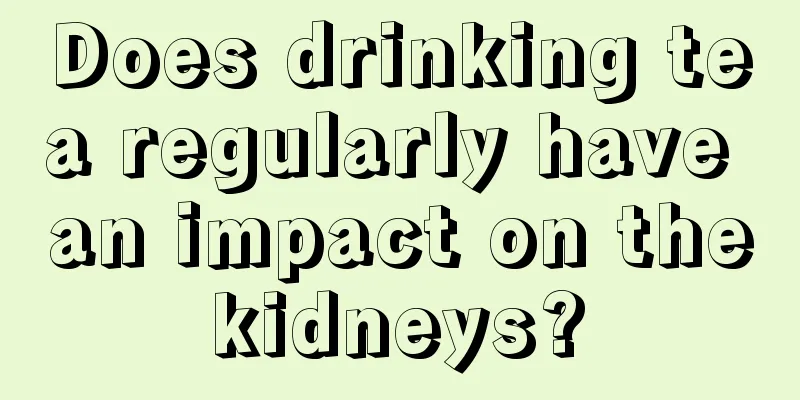I took antihypertensive medicine and got a headache

|
For many elderly people, they are troubled by chronic diseases, and hypertension is a disease that troubles many elderly people. For patients with high blood pressure, they often feel dizzy and have headaches. If they get angry, they may feel very uncomfortable, even unable to control themselves, and may faint. Therefore, many people have antihypertensive drugs on hand. However, some people feel their headaches worsen after taking them. What is the reason for this? 1. Wrong medicine Common antihypertensive drugs such as dihydropyridines lower blood pressure by blocking the flow of calcium ions into the myocardium or smooth muscle and dilating blood vessels. If the drug causes excessive stretching of the pain receptors on the walls of cerebral blood vessels, it will produce chemical stimulation to the meninges and induce headaches, which is medically known as vasodilatory headaches. If it is determined that the condition is caused by drugs, you can first change the dosage form as prescribed by your doctor, such as using sustained-release tablets or control tablets. If the condition is still not relieved, you can change the type of drug as prescribed by your doctor. 2. Drop too fast Patients with long-term hypertension usually no longer feel the effects after adapting. If blood pressure drops rapidly and the brain cannot adapt in the short term, symptoms similar to cerebral ischemia will appear, that is, patients will often experience dizziness, headaches, etc. For such patients, blood pressure can be gradually controlled by adjusting the dosage of medication. For example, if the original one week to normal state is achieved, the time limit can be extended to two weeks. Other side effects of antihypertensive drugs 1. Thiazide diuretics can cause hyperuricemia, induce gout, and reduce renal function. Therefore, patients with gout and renal insufficiency should use thiazide diuretics with caution. 2. Diuretics can cause the renal tubules to excrete potassium while excreting sodium, increasing the excretion of sodium and potassium and leading to hyponatremia or hypokalemia. Symptoms of discomfort often include general weakness, low muscle tension, abdominal distension, loss of appetite, indigestion, palpitations and other symptoms. 3. Calcium ion blockers can dilate blood vessels, causing headaches and facial flushing; they can affect the calcium ion flow in intestinal smooth muscle, causing constipation; they can affect myocardial contractility, so patients with heart failure should be cautious; in addition, they can also cause tachycardia by reflexively activating the sympathetic nervous system due to vasodilation; in addition, they can also cause edema of the lower limbs, especially the ankles, as well as rash and allergic reactions. |
<<: Quick relief of cervical spondylosis headache
>>: What medicine works quickly for migraine
Recommend
What to eat for faster recovery after bladder cancer surgery
The diet after bladder cancer surgery is very imp...
How to exercise willpower
There are many things in life that we need to pay...
Several common chemotherapy methods for colon cancer
Chemoradiotherapy is a commonly used treatment me...
Is it good to drink Ganoderma water every day?
Ganoderma lucidum can be said to be a nourishing ...
How to lose weight with round shoulders
Some people have broad and rounder shoulders. Thi...
I lost weight but my body shape didn't change, what's going on?
Obesity is a very common condition in people'...
Introduction to the signs of sexually transmitted diseases
Have you ever heard of sexually transmitted disea...
Treatments for four types of psoriasis
We may have seen patients with psoriasis in our l...
Do you know the prevention knowledge of lymphoma?
Today we are going to study some knowledge about ...
I like to sleep with my hands on my head
Putting your hands on your head when sleeping is ...
Where will endometrial cancer metastasize
Endometrial cancer has no obvious symptoms in the...
Complete methods of knee joint rehabilitation
The knee joint is a particularly important joint ...
How to prevent teratoma recurrence
To prevent the recurrence of teratoma, it can gen...
How to make fried zucchini?
Zucchini is very common in our daily life. It con...
Five benefits of “early to bed and early to rise”
Many people yawn all the time and feel listless d...









